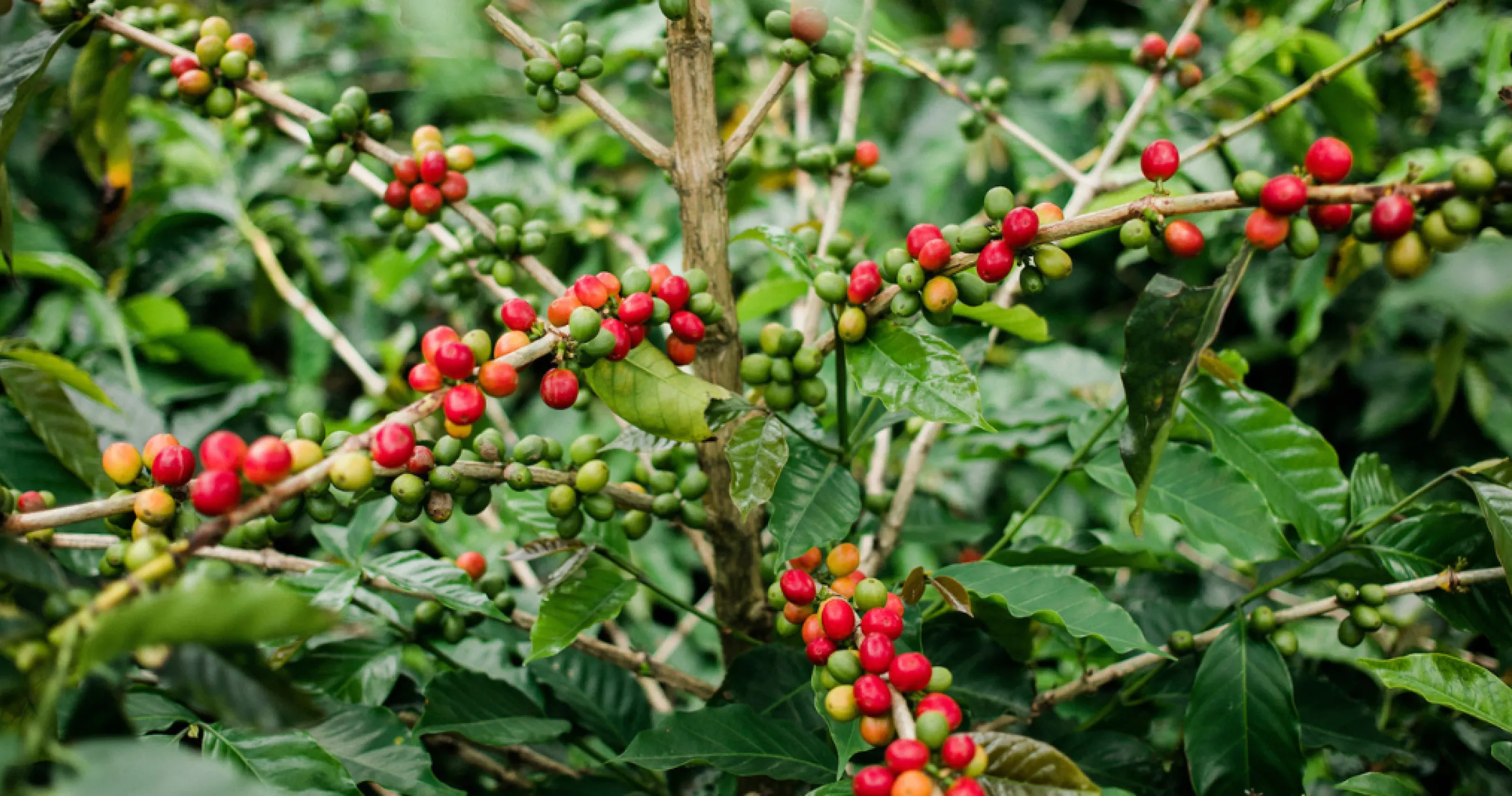
OUR COMMITMENT TO ETHICAL SOURCING
We believe it is our responsibility to build a more sustainable, equitable and resilient future for coffee, our communities and our planet. We are working to create the future we dream of through the lens of humanity, with a deep commitment to global human rights, responsible and ethical sourcing, community leadership from our partners and a focus on giving more than we take from the planet.
Your coffee wouldn’t be possible without the farmers around the world who grow it. That’s why we work alongside them to support sustainable farming practices and their communities.
- Environment: We’re working to address agricultural challenges that threaten farmers’ livelihoods.
- Economics: We make financial investments supporting farmers’ livelihoods over the long run and in times of crisis.
- Education: We support open-sourcing education and innovation to help farmers with productivity and sustainability.
More than 25 million coffee producers around the world are facing the impacts of a changing climate. Conservation International and Starbucks, joined by more than 130 other organizations, are working to help – with a mission to make coffee the world’s first sustainable agricultural product. Our goal is to source and verify 100% Starbucks coffee through C.A.F.E. Practices.
C.A.F.E. PRACTICES
Launched in 2004 in collaboration with Conservation International, Coffee and Farmer Equity Practices (C.A.F.E. Practices) is a verification program that assesses the supply chain based on economic, social and environmental criteria, aimed at promoting sustainable, profitable and transparent coffee-growing practices while ensuring the welfare of coffee farmers, workers, their families and communities. Since 2004, the program has grown to include the participation of more than 400,000 farmers in over 30 countries.
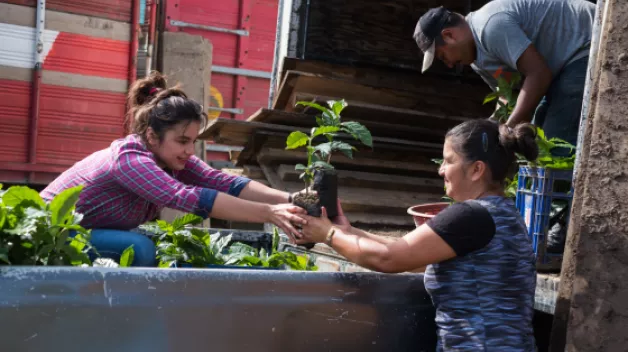
ECONOMIC TRANSPARENCY
Ensuring price transparency for every coffee we buy, including how much was paid directly to farmers.
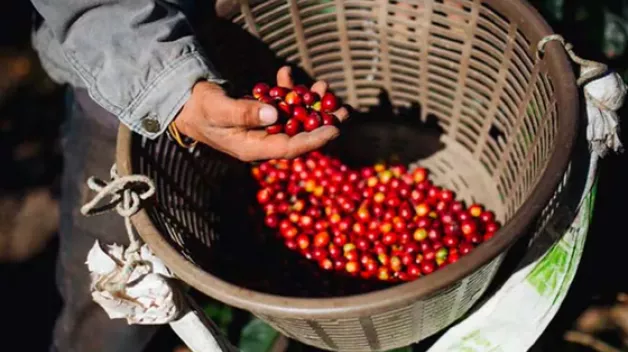
QUALITY
Always 100% arabica, the higher the quality, the higher the price paid to the farmer.
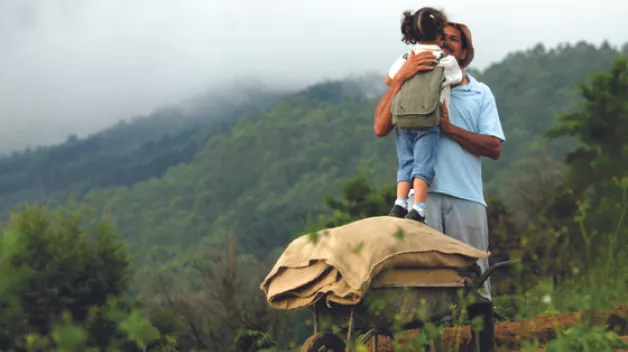
SOCIAL RESPONSIBILITY
Investing in local farming communities, providing access to education and medical care. Always at least minimum legal wage, benefits, and non-discriminatory employment policies. Ensuring safe, fair, and humane working environments at every farm.
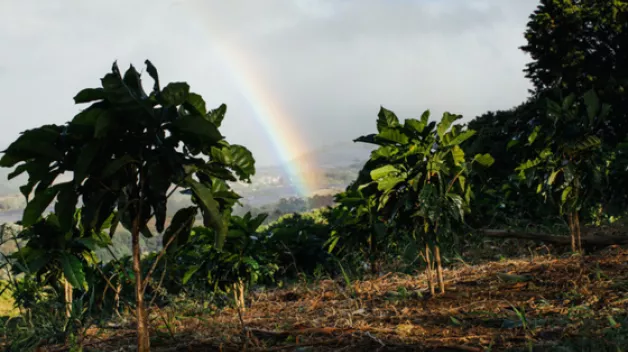
ENVIRONMENTAL LEADERSHIP
Helping farmers adapt to the impacts of climate change by managing waste responsibly, protecting water quality, conserving water and energy, preserving biodiversity, reducing agrochemical use.
Changes in the environment are causing diseases that make it harder for farmers to grow coffee. We're helping them adapt in many ways, including donating 100 million healthy coffee trees to farmers by 2025. These trees have been bred to resist coffee leaf rust and produce more coffee cherries, which will help farmers and their communities have a sustainable future growing coffee.
Over the past years, Starbucks has donated nearly 50 million coffee trees that are resistant to coffee rust diseases to farmers as part of its 10-year, 100 million tree commitment. In addition, in 2019 Starbucks launched pilots in Guatemala, Mexico, Peru, Rwanda, and Kenya to reduce water usage by up to 80% in coffee processing through investments in new mills.
FY21, Starbucks announced further support to help ensure a sustainable, profitable future for coffee farmers globally by increasing its Global Farmer Fund to $100 million, which represents an additional $50 million investment in this program. Coffee growers can use these funds to renovate and strengthen their farms and farming practices to be even more productive and sustainable.

Starbucks operates 10 Farmer Support Centers (FSCs) as part of our work to assist farmers in coffee-producing countries and support the implementation of C.A.F.E. Practices across Starbucks coffee supply chain globally. These centers offer free training directly to farmers and to technical specialists through a train-the-trainer approach, benefiting over 31,000 people worldwide in FY22. Farmers receive the latest insights from Starbucks agronomists, including techniques that support farmer profitability and sustainable growing practices.
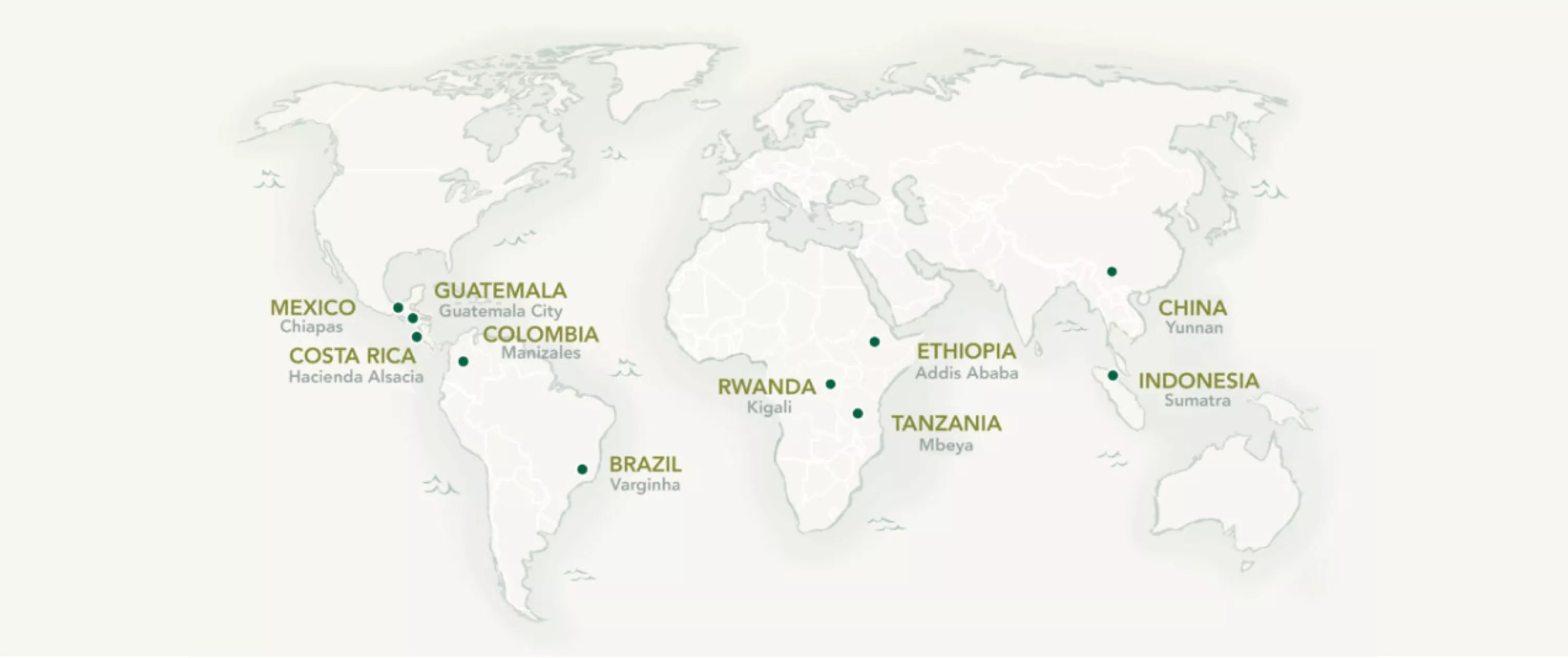
Yes, Starbucks owns a coffee farm! Purchased in 2013, Hacienda Alsacia is a 240-hectare coffee farm in Costa Rica that serves as a global Research and Development facility and working farm for Starbucks. Open to the public, visitors are able to experience sustainable coffee first-hand, including the agronomy work Starbucks has been supporting and investing in for two decades.
Over the past 20 years, Starbucks has invested more than $150 million in support for coffee farmers and their communities on top of the premium it pays for high quality and ethically sourced coffee. Its network of support includes nine Farmer Support Centers around the world; an initiative to distribute 100 million disease-resilient coffee trees to farmers by 2025; providing loans to farmers; and promoting leadership opportunities for women and families in coffee-growing communities.
Starbucks hopes to help ensure the future of coffee for the thousands of farmers who produce coffee served in its stores and the 100 million customers who enjoy it each week – for today, tomorrow, and always.